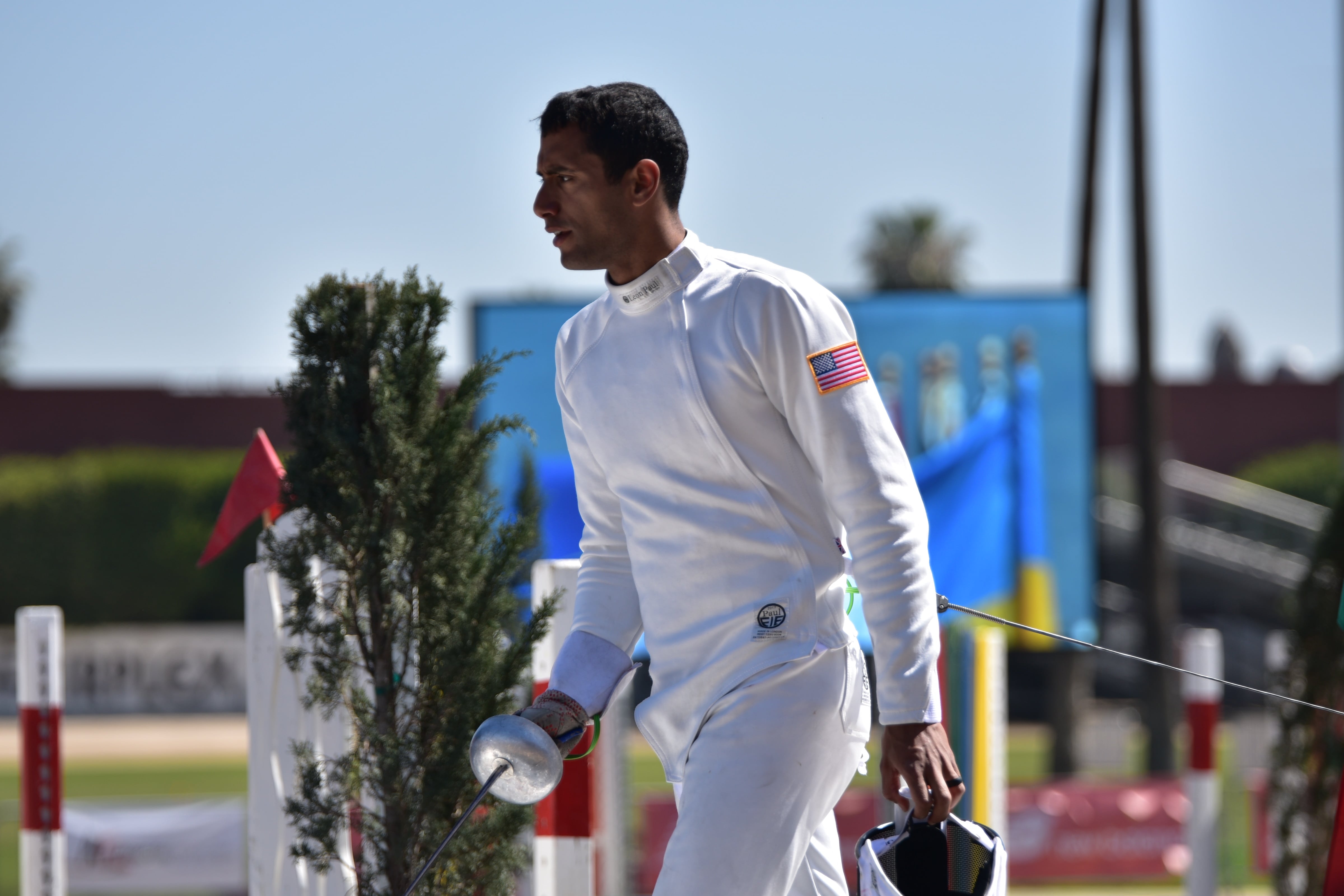A handful of soldiers from one of the Army’s most elite units currently have a unique place of duty: the Tokyo Olympics.
The Army’s World Class Athlete Program, based at Fort Carson, Colorado, has developed 446 Olympians who have won 111 medals for the U.S. since 1948, according to Army spokesperson Sgt. 1st Class Anthony Hewitt.
The program is sending a total of 12 soldiers to the Tokyo Games, which begin on Friday, as Olympic and Paralympic athletes. Three more WCAP soldiers will join Team USA as coaches.
RELATED

Troops from any of the Army’s three components can apply to join WCAP if they can meet the program’s stringent entry requirements.
Only elite athletes need apply, though. A male 100-meter sprinter, for example, must have a personal best of 10.16 seconds or less to qualify.
WCAP soldiers face the challenge of competing at the highest level of their sports while also staying current on their Army training requirements and attending military schools to ensure their continued career progression, their commander, Capt. Robert Cheseret, explained.
“While our soldier-athletes are training and competing, trying to make the Olympic team, they also need to keep up with their military occupation or professional proficiency,” said Cheseret, who is a former WCAP runner himself.
In between tours with WCAP, Cheseret has fulfilled his career progression as a signal officer by holding roles in operational units and attending his career courses.
This also means the WCAP does the same mandatory training as the rest of the force, Cheseret explained. According to the commander, all of the athletes are up to date even on the infamous Cyber Awareness Challenge.
“Since I’ve been part of the [WCAP], weekends have disappeared,” said Staff Sgt. Nickolaus Mowrer, a military police soldier who will compete in shooting events at the Tokyo Games. “We train hard…we’re traveling quite a bit to different competitions around the world.”
Members of WCAP also support Army Recruiting Command events and sometimes direct combative training for other units, according to Willie Wilson, a retired Army sergeant major and the program’s full-time civilian director.
The daily grind
And even when not participating in special events, the soldier-athletes have full training schedules.
One of the program’s modern pentathlon athletes, Sgt. Amro Elgeziry, shared a weekly schedule with Army Times.

Elgeziry is competing in his fourth Olympics this year, and his first as a member of Team USA. He competed in 2008, 2012 and 2016 for his native country of Egypt.
The modern pentathlon consists of five events: fencing, swimming, equestrian (horse riding), shooting and running. Elgeziry focuses on his events six days each week.
The average training day is eleven hours, and each day religiously includes swimming and running.
Elgeziry rides his horse on Thursdays, in addition to fencing lessons two days per week. He also has three sessions of physical therapy in order to ensure his body can keep pace with the demand.
Why do athletes join WCAP?
For many elite athletes, the daily demands of a program like WCAP can help balance out the bleak financial reality of being an Olympic athlete.

While some top performers are able to make millions through sponsorship and endorsement deals, very few Olympic hopefuls are able to make a living from their sport alone.
Athletes who join the Army, though, earn a stable living and are able to simultaneously train and establish a career. Many also enjoy the idea of serving the country that they represent on the international stage.
Elgeziry, for example, attended college and medical school while training in Egypt.
He and his wife, fellow top-flight pentathlete and WCAP soldier Sgt. Isabella Isaksen, both joined the Army in 2017 after competing in the 2016 Summer Games.
Wilson, the program director, said that former WCAP athletes have gone on to succeed in the Army after the conclusion of their athletic careers, to include becoming “general officers, senior sergeants major…recruiters, drill sergeants, Special Forces, Rangers.”
“Where else can you continue to train for your Olympic dream and have a career?”
Davis Winkie covers the Army for Military Times. He studied history at Vanderbilt and UNC-Chapel Hill, and served five years in the Army Guard. His investigations earned the Society of Professional Journalists' 2023 Sunshine Award and consecutive Military Reporters and Editors honors, among others. Davis was also a 2022 Livingston Awards finalist.




